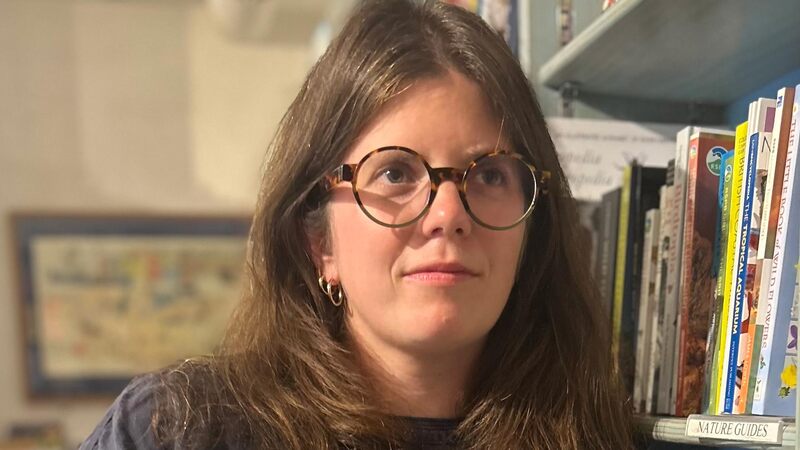You are viewing your 1 free article this month. Login to read more articles.
Half of women over 40 say older women in fiction are clichés, survey finds
Fifty-one percent of women over 40 feel older women in fiction books tend to fall into clichéd roles, according to a new survey.
The brand new data reveals 47% of women over 40 say there are not enough books about middle-aged or older women. Yet women over 45 buy more fiction than any other segment, and 84% say they read every, or almost every day.
Exploring how women over 40 really feel about their portrayal in fiction, the survey of more than 1,046 women found when older characters do appear in fiction, half of women (50%) say they’ve seen them being portrayed as baffled by smartphones, computers or the internet - and think it’s insulting. 75% buy their books online, with 55% hearing about the books they buy online compared to 43% who find out about new releases in magazines (43%) or newspapers (42%).
The findings of the survey, in association with Gransnet, the UK’s biggest social media site for older people, and publisher HQ (HarperCollins), were revealed today (Thursday 27th June) at The Bookseller Marketing and Publicity conference.
The majority (67%) say they want to read about characters they can identify with personality (71%) and values (68%) of the character what really matters to them. Just 19% say they feel that the age of the central character is important.
The survey found those polled would like to see women their age portrayed as more active (56%), working (41%) and going to the types of places that they themselves frequent (50%). Almost half of women (46%) agreed that older women are represented better in books than they are in films or on TV.
Gransnet Editor Cari Rosen said: “Gransnet users have long been frustrated with the perception that you are essentially past it the minute you hit 40. We know from our forums that many women remain active, busy and vital into their 70s and beyond, and it’s essential to see that reflected in the books that we read. It’s also important to recognise that we like to read a range of fiction, from crime and thrillers to stories about travel and friendship and everything in between. We don’t want to be typecast in our reading choices, any more than we do in any other area of our lives.”
The research found that when reading sex scenes, over a third (35%) feel that older women are usually portrayed as ‘uninterested’, while 21% say women are portrayed as ‘desperate’ and only 10% thought that older women were portrayed as sexy. When reading sex scenes, more than twice as many (24%) say they are turned on or excited than those who say they feel embarrassed or uncomfortable (10%).
95% say they read fiction for enjoyment, 87% say it’s to relax and almost 59% say it’s to escape the pressures of everyday life. 87% of respondents say they read in bed, while 17% read in the bath, and 14% on the loo.
In response, Gransnet and HQ have launched a fiction writing competition for women writers over the age of 40, for stories featuring a leading character aged over 40. Applicants are invited to submit 20,000 words to HQ. Five shortlisted writers will receive editorial feedback, with the overall winner being offered a publishing contract with HQ. Judges of the competition include Gransnet editor Cari Rosen, HQ publishing director Kate Mills, author Sarah Morgan and journalist Nina Pottell.
HQ executive publisher Lisa Milton said: “At HQ we pride ourselves on publishing books that are bold, brave and inclusive. We publish many books by women over 40. Many of our books have female characters over 40. Many who also defy stereotype. But not enough. We know that women over 50 are the fastest-growing group of workers in the UK, and it’s important that we publish to reflect the world around us. To understand what readers want, we decided to ask them. We’re proud to be spearheading this research with Gransnet. This will inform our publishing, and our competition will help us to discover women with a story to tell."















